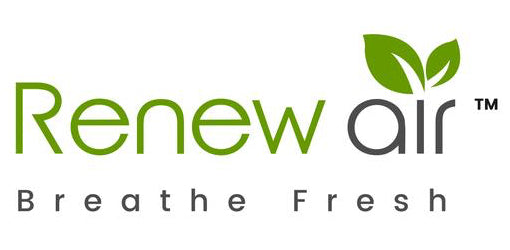Impact of Air Pollution on Birds
Posted on November 18 2018

Clearly air pollution is a serious concern now across the world . Both outdoor & indoor . As human beings we can use air masks , purifiers and take action to improve the immediate air quality around us to some degree .
Do other species have that luxury ?
In 2013, birds started falling from the skies in Singapore because of smog that had formed as a result of forest fires. Multiple studies have shown that birds respond to environmental change before humans can even notice it. This is why birds are invaluable indicators of the health of our environment. When birds begin to disappear there’s something nasty in the air.
Most of us would be able to attest to the fact that birds we saw in plenty as children even in urban areas are today scarce to find . Sparrows , parrots , mynahs have virtually disappeared from many urban areas . It is a symptom of a deeper problem. One that is complex and dynamic . Cities are turning into concrete jungles that pollute air via industrial and vehicle emissions , waste that is burned , chemicals used in fumigation , fragrances and a whole range of daily use products . Natural grains in the open are increasingly scarce in cities for birds to feed on .
Studies have confirmed that birds, which share the air that we breathe, are afflicted by the same respiratory problems as humans when exposed to air pollution. In addition, field studies have shown that the effects of air pollution can extend to bird habitats as well, changing the landscape in subtle but important ways.
Ground-level ozone (O3) and nitrogen oxides (NOx), two of the most common air pollutants in California, are powerful oxidants that can cause direct, irreversible damage to birds’ lungs. Long-term exposure can lead to inflammation, ruptured blood vessels, and lung failure.
Birds are exposed to more airborne particles – or particulate matter (PM) – than humans because birds have a higher breathing rate and spend more time in the open air. Extra-fine particles, especially those less than 2.5 microns in diameter, are small enough lodge into the deepest branches of the lungs.
Something that makes birds potentially more vulnerable to atmospheric contaminants is the efficiency of the avian respiratory system.
Birds breathe unidirectionally . They definitely breathe more efficiently than humans, and it has been hypothesized that because their respiratory system is so much more efficient than ours, they are going to more readily pick up air pollutants.
Studies have shown that long-term exposure to polycyclic aromatic hydrocarbons (PAHs), toxic chemicals commonly emitted by traffic, may cause reduced egg production and hatching, increased clutch or brood abandonment, and reduced growth in birds.
We need to take action at every level – individual and collective to make air safe for all . Reduction in usage of fossil fuels is a key change needed to reduce air pollution. Increasing the green cover in urban areas . Reducing waste at every level that ends up adding to pollution .
Time to demonstrate the ‘kind’ in mankind .
#Airpollution #AirQuality #RightToBreathe #BreatheFresh #RenewAir #Sustainaility #Environment #ClimateChange
